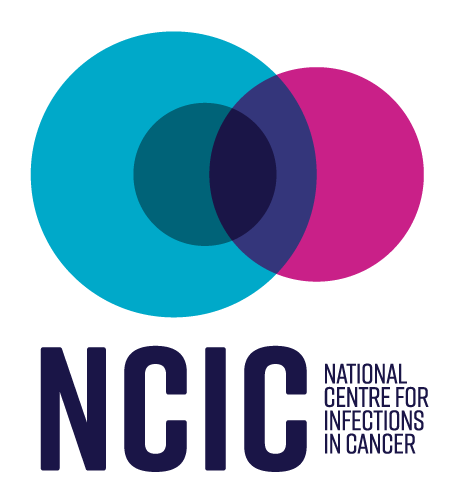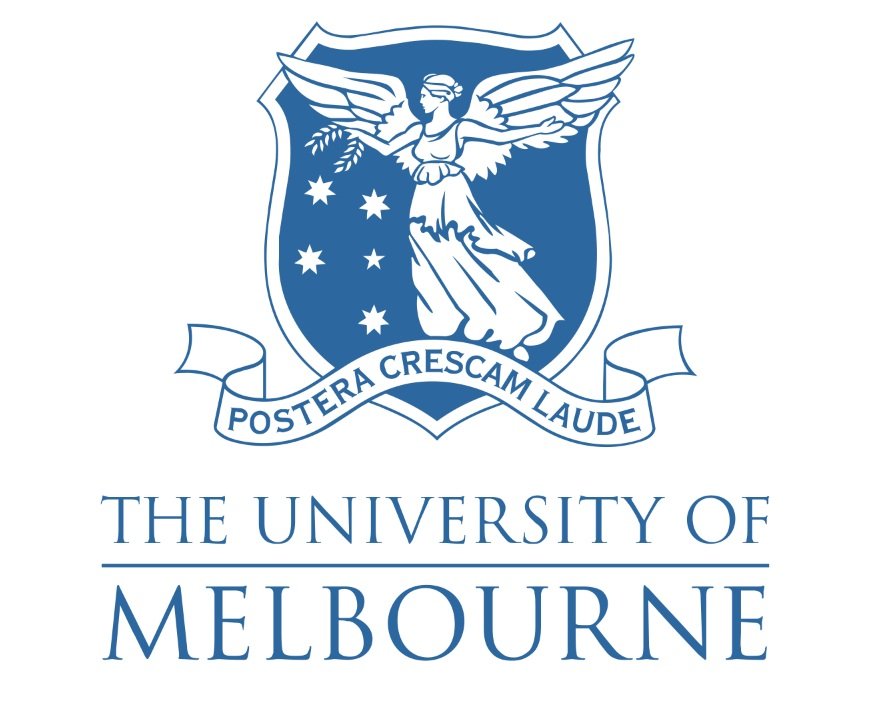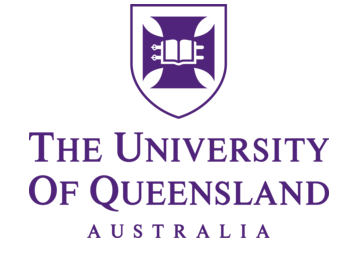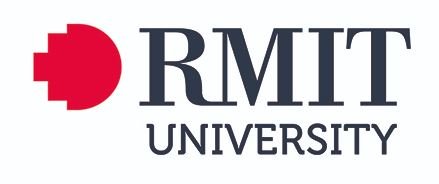What are we
The NCIC is the peak body in Australia for knowledge, training and expertise on diagnosis, treatment and management of infections in the immunocompromised host.
Established to address infections in Immunocompromised host as a leading cause of death, NCIC aims to improve outcomes by researching the impact of cancer treatments, including novel therapies like CAR-T.
The centre is a multidisciplinary network that uses digital health technology to enhance patient care, as cancer patients are highly vulnerable to infections that can delay treatment and worsen outcomes.
Our three pillars
Innovation
Establishing a national infrastructure for cancer specific infection surveillance, clinical trials, and clinical support.
Implementation
Implementing lifesaving and harm minimizing clinical care pathways for the management of infections in the immunocompromised individual.
Surveillance
Introducing innovative technologies to support the detection of and improve care of infections in cancer.
Our Leaders
The National Centre for Infections in Cancer is led by Australia’s foremost experts in infections in cancer, providing evidence-based guidance and research for all health practitioners across the nation.
Prof Monica Slavin
Centre and Innovations lead
Immunocompromised Host Infection Service, Victorian Comprehensive Cancer Centre, Department of Infectious Diseases, Peter MacCallum Cancer Centre & Royal Melbourne Hospital
Monica is highly productive in clinical research and knowledge translation and views improving safety and quality of services to be an integral part of her role.
Prof Karin Thursky
Implementation lead
Department of Infectious Diseases, Peter MacCallum Cancer Centre & Royal Melbourne Hospital
Karin is a national leader in Antimicrobial Stewardship (AMS) with over 15 years experience in health services research and implementation science. She is internationally recognised as an expert in the area of AMS, particularly in relation to computerised systems.
A Prof Leon Worth
Surveillance lead
Department of Infectious Diseases, Peter MacCallum Cancer Centre & Royal Melbourne Hospital
Leon works to inform and evaluate surveillance for healthcare-associated infections across all Victorian hospitals, ensuring that state government health priorities are supported and education is provided to all hospital staff responsible for surveillance.
“There is a critical lack of expertise to manage the issue of potentially fatal infections obtained during treatment for cancer on a national level.”

















